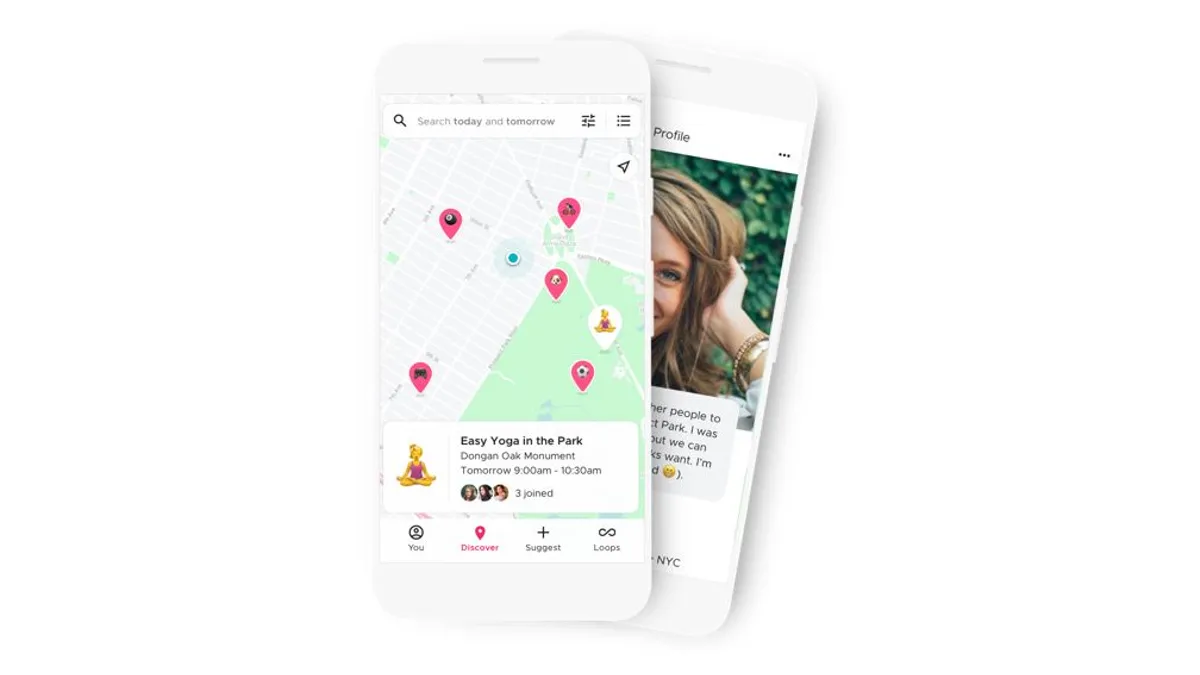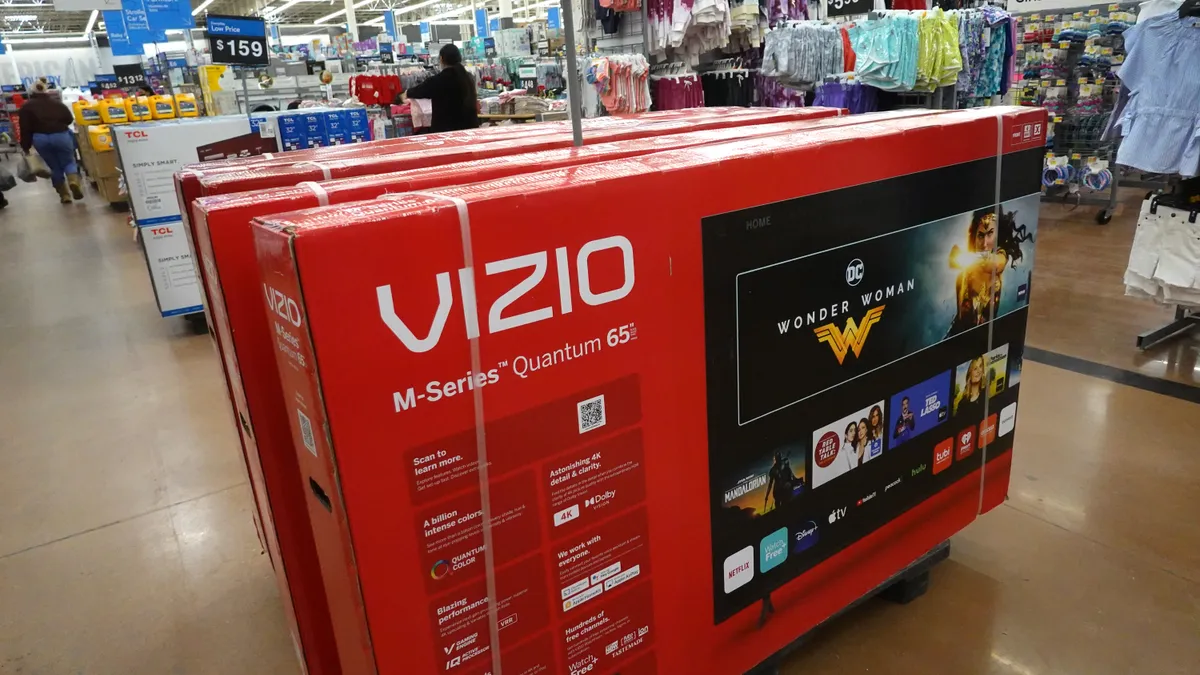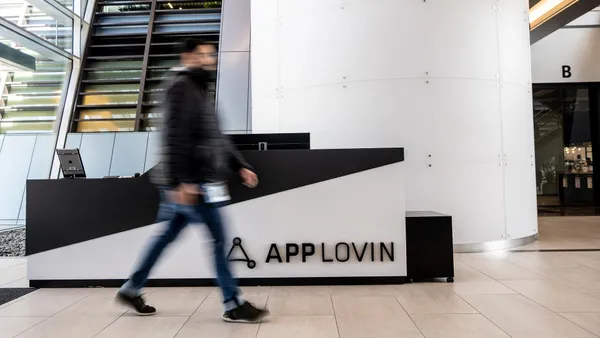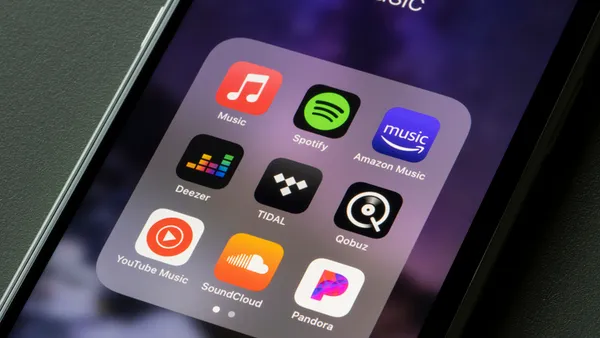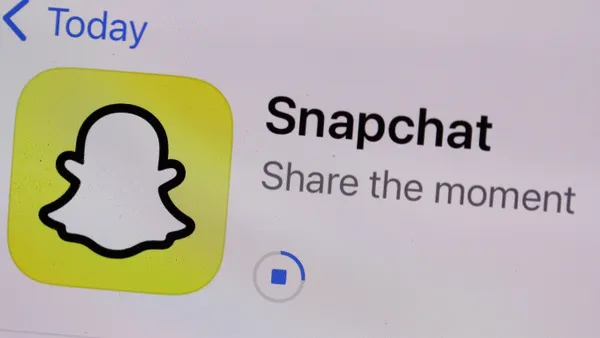Brief:
- Google started an invitation-only test of a social networking app that aims to bring people together in the real world — not just digitally — based on their activities and interests, Gizmodo reported. The app, called Shoelace, provides suggestions every day on nearby happenings, such as free comedy shows or pick-up soccer games, that give people a reason to meet up, per its website.
- Google's Area 120 unit that nurtures experimental technologies created the app, which is piloting in New York City. "The whole premise of Shoelace is to tie people together based on their interests — like two laces on a shoe," per the website. "We do so through activities — which are fittingly called 'Loops.'"
- People who want to bring Shoelace to their communities can request a code to activate the app. Shoelace currently supports the latest versions of Android and Apple's iOS. Shoelace users also need to have an active Google account to sign into the app.
Insight:
While Google has vast reach as the most popular search engine worldwide, the developer of the Android mobile operating system and the owner of YouTube has never mastered social networking or mobile messaging.
The company last year shuttered Google+ for consumers after a security vulnerability exposed the private data of as many as 500,000 users, and admitted that the social networking app had low usage and engagement. Ninety percent of Google+ sessions were less than five seconds, the company said in a blog post. Google also has canceled social networking apps Orkut and Google Buzz, online collaboration app Google Wave and messaging app Allo in the past few years. However, the tech giant to support its video-calling app, Duo, which last month added more image-sharing features. Google Hangouts is in transition as the company consolidates its G Suite of cloud computing services for businesses.
While it's too early to tell whether Shoelace will be a hit with mobile users, the app already is inviting comparisons with Nextdoor, which focuses on connecting people based on their neighborhoods. By encouraging people to meet face-to-face, Shoelace is part of a broader effort by Google to address growing concerns that modern technologies like smartphones are having a negative effect on mental health. Google this year expanded its Digital Wellbeing tools to more phones to help people manage their screen time.
The Shoelace test comes as parent company Alphabet works to diversify its revenue from an overdependence on the maturing market for digital advertising. The company reported its fourth straight quartly decline in ad revenue growth in Q1 this year amid competition for digital ad dollars and fewer ad clicks on YouTube, and hasn't developed major revenue from cloud computing and smartphone sales.
While its Google Play app store has seen a surge in downloads this year, Apple's rival store dominates app revenue growth. Google's efforts to diversify include the development of a streaming game platform, a carousel format for mobile text ads and a bigger push into e-commerce as Amazon snags greater ad share.


